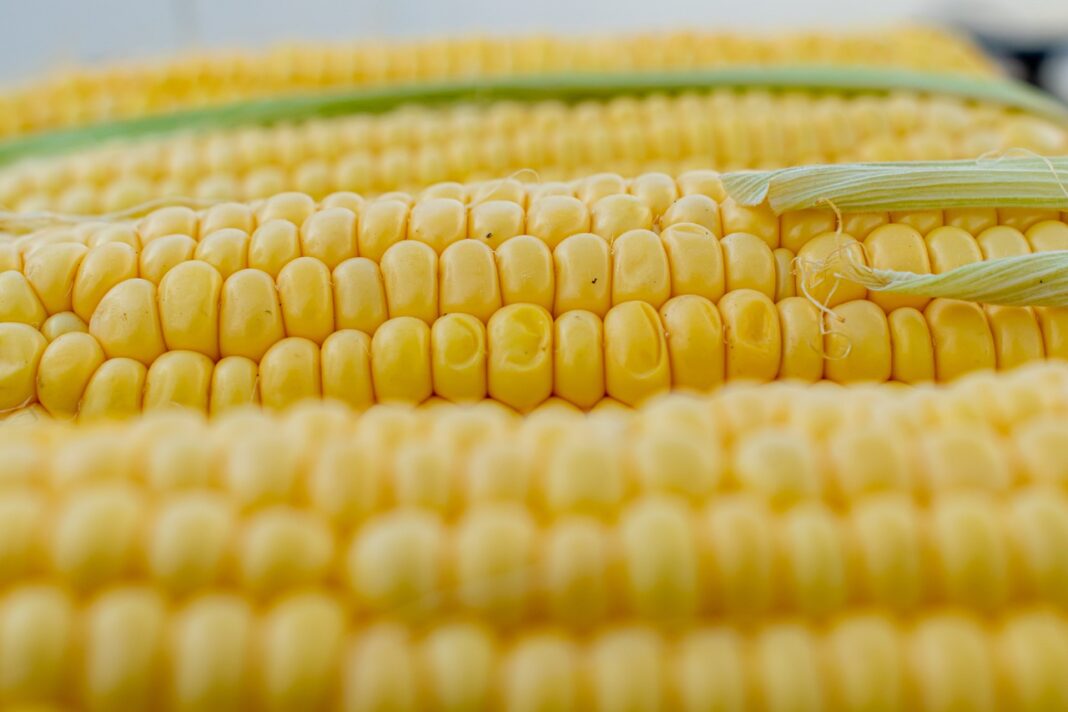The start of the United States crop was very favorable for its exports. Accelerated purchases from Mexico and other sources in the face of low supply from Brazil have fueled these good results so far. However, price formation still depends on an important variable, which is the dollar. After a USDA report that showed a small reduction in stocks, the dollar began to exert greater power over prices, countering the upward corn movement.
US exports for the 2024/25 business year are close to 30 mln tons. This represents practically double the volume sold in the same period of the previous business year. Brazil registered a great crop in 2023, and with competitive prices it removed a lot of export demand from the USA. In 2024, the situation is reversed. This sales volume will be confirmed by the increasing pace of shipments until August 2025.
Brazil does not have the ballast for exports much higher than 40 mln tons in the business year that ends next January, compared to 55 mln tons shipped in 2023/24. Moreover, Argentina’s production fell this year due to the presence of spittlebug in part of its crops, compromising the volume that is being exported.
These supply reductions from Brazil, Argentina, and now also from Ukraine are leading part of the global demand to seek the security of the US supply for its short- and medium-term supply. The problem is that this stronger global demand will, at some point, require USDA to raise its projection for annual shipments, with the potential to reach carryover stocks in 2024/25. If in the previous year, in this period, there were 15 mln tons sold and, in the year, shipments closed at 58 mln tons, in the current year we have 30 mln tons sold, with a projection of 59 mln for the year. Either sales will fall significantly in the first half of 2025, which we do not believe will happen, or USDA will have to raise its annual projection.
The low prices of oil and wheat last week were added to the high dollar as a point of pressure on corn prices. There is no problem with local domestic demand, but price formation, at this moment, is being pressured by these indicators.
Argentina continues to have an excellent development of its 24/25 crop. The rains in the first ten days of November were perfect in all producing regions. The pest known as spittlebug is more controlled in the north of the country, in the earlier plantings, and the focus is on Cordoba and Buenos Aires in the later regions. For now, no problems can be imposed on the local crop due to the incidences registered so far, especially because, this year, producers seem to be controlling the pest a little better.

